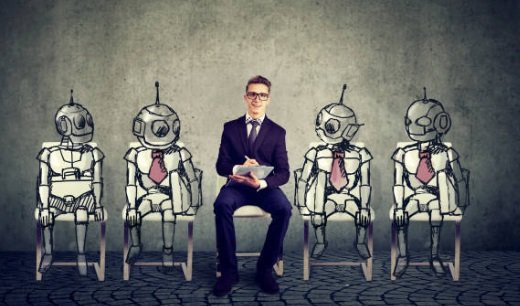
Translation is seen as an essential tool for communication between countries, organizations, businesses, customers, and people. As a bridge, it is utilized to connect diverse cultures and facilitate understanding across linguistic barriers. This growth is reflected by the increasing demand for effective communication in our globalized world.
In this technological era, where the “rise of the AI” is being discussed daily, software usage is being considered a necessity to improve efficiency. While translation has been revolutionized by artificial intelligence, it is believed by industry experts that human translators cannot be completely replaced by machines, especially in legal translation, where precision is required.
Legal translation cannot be compromised, as specific terminology must be interpreted correctly. It has been observed that even a misplaced comma can be costly for companies, leading to financial losses and legal disputes. The stakes are considered high, and dire consequences can be faced due to inaccuracies.
While machine translation is being utilized within the industry, it is understood that complex legal documents must be handled by professional translators. These documents can only be translated effectively when cultural nuances and legal systems are comprehended thoroughly. Machine translation can be employed for preliminary drafts or internal documents, but critical translations must be executed by experienced professionals.
By the combination of human and machine capabilities, two worlds are being brought together to provide faster and more precise translations with human oversight. The efficiency of machine translation is being harnessed while linguistic subtleties are being preserved.
It must be noted that machine translation accuracy levels are limited to 65%, while human translation consistently achieves over 95% accuracy. Privacy concerns are raised by machine translation services, as content can be stored and shared according to their terms of service. For instance, Google’s translation services are granted worldwide rights to use and modify uploaded content, which is particularly concerning for confidential legal and financial translations.
The evolution of technology must be adapted to by translation professionals, as machines operate on probability-based solutions. A hybrid model is being developed where human expertise and machine efficiency are combined to meet global demands.
In conclusion, while machine translation advantages are acknowledged, human translators’ value cannot be replaced, especially in specialized fields where context is crucial. The future of translation is being shaped by this human-machine collaboration. Until a system is developed that can fully comprehend human language complexities, professional translation agencies are being relied upon for accurate legal translations. For comprehensive legal translation support, you are encouraged to connect with us. The highest standards of precision are being maintained by our experienced translators in handling your legal documents.
